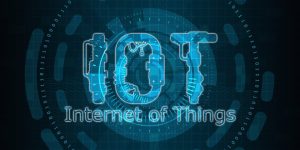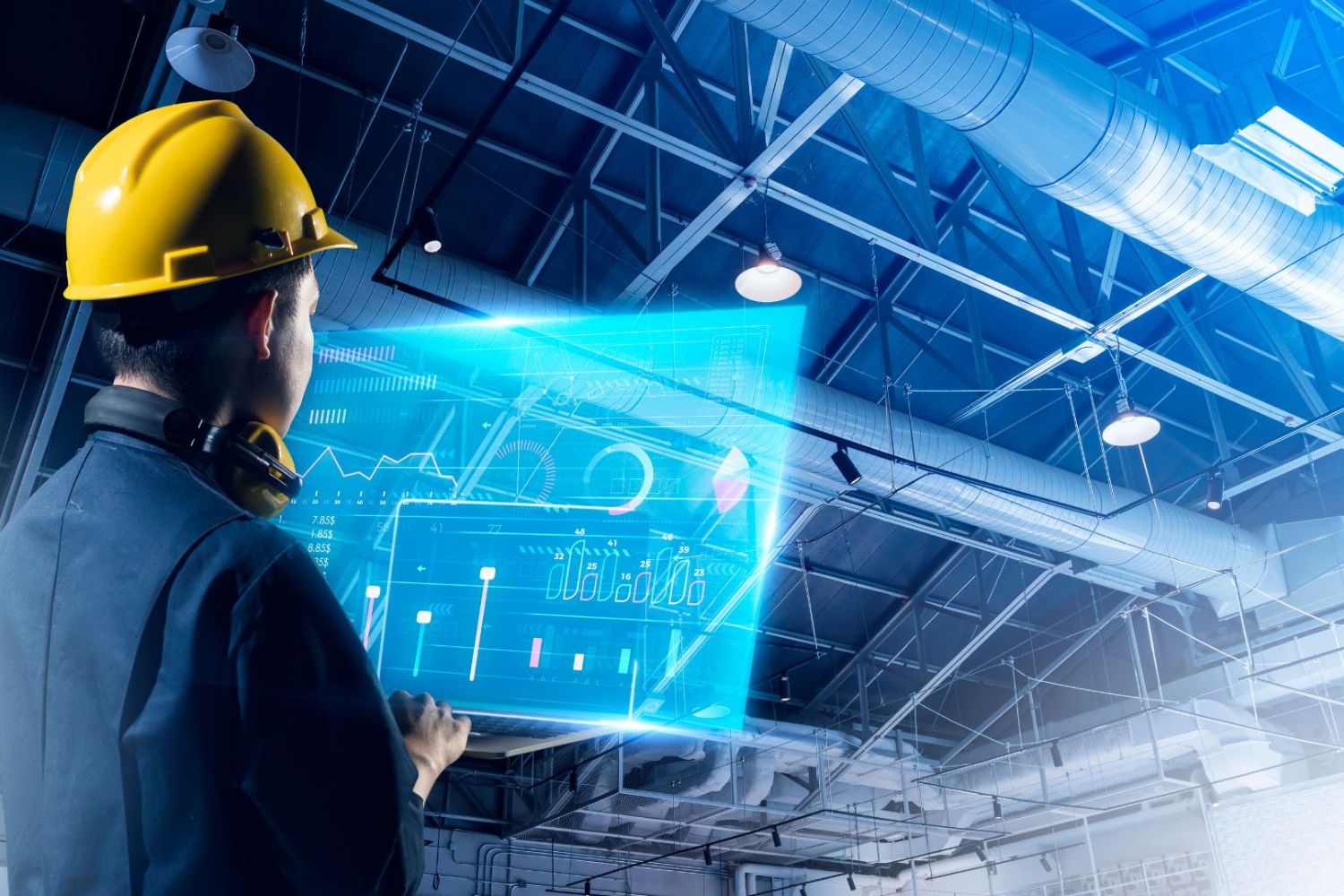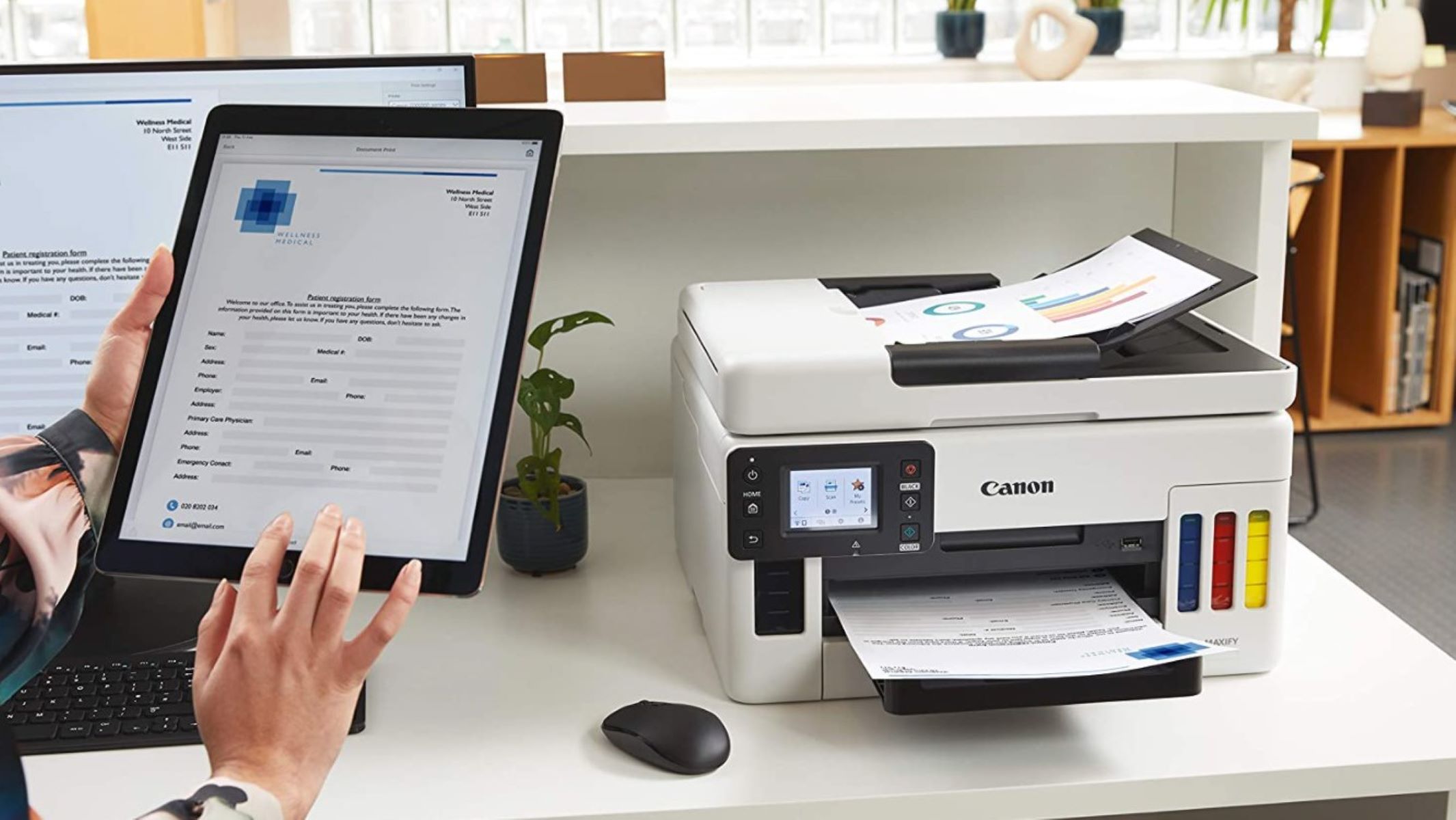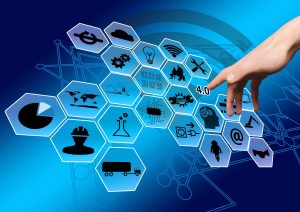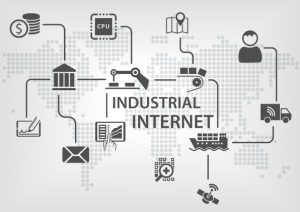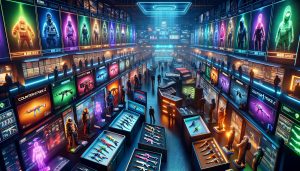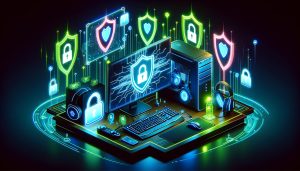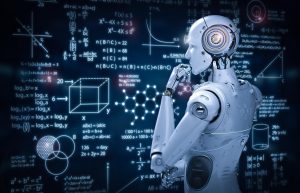The Internet of Things industry is a booming one in the 21st century. A study from Business Insider Intelligence estimates that by 2020 there would be installed 24 billion IoT devices. Therefore, we studied the market of IoT jobs and highlighted the 5 best IoT jobs to consider for 2020.


Top 5 IoT Jobs In 2020
1. Industrial UI/UX Designer


User interface (UI) and user experience (UX) designers are in great demand.
From intuitive manufacturing dashboards on tablets and mobile phones to machine interfaces and robot interaction, augmented reality applications in operations and maintenance and finally the service and product design for the users of industrial equipment – the industrial environment will see a dramatic increase of user interfaces that need to be optimized for usability.
The broad responsibility of a UX designer is to ensure that the product logically flows from one step to the next. UI designers, on the other hand, are in charge of designing each screen or page with which a user interacts and ensuring that the UI visually communicates the path that a UX designer has laid out.
Both job functions are increasingly becoming more important in the industrial environment. Basic knowledge of industrial software architecture design and state-of-the-art programming paradigms are a must for any industrial UI/UX designer.
2. Industrial Computer Engineer


The IT solution that is designed by the IT solution architect gets brought to life by the industrial computer engineer. Three kind of programming skills are necessary for these kinds of industrial IoT jobs.
Firstly, the programmer should be experienced in some of the major general-purpose languages such as Java, C++, or Python. Secondly, he/she should be able to work with specific applications: e.g., Matlab and Simulink for industrial simulations or R for general data analytics programming. Finally, there is an important hardware component in the industrial programming environment. Robots and intelligent devices need to be programmed.
Today, it requires a combination of languages such as C, VHDL, and proprietary languages such as Kuka’s KRL. Computer engineers also need to be aware that the increasing shift to cloud architectures brings in new programming paradigms such as components as services, an increasing focus on lightweight objects and layered services, as well as new protocols and lightweight programming languages such as node.js.
3. IoT Solution Architect
IT systems in manufacturing companies continue to become more complex and important. IT solution architects take on the responsibility for the overall system design. Together with other technical architects, they produce technical specifications, integrating different technologies, platforms, and people.
The IT solution architect has end-to-end responsibility for applications such as remote operation centers, predictive maintenance, or assisted operations through augmented reality. As with the industrial data scientist, the IT solution architect possesses a broad range of skills, relating business know-how and IT experience with data management, application, and technology skills.
4. Robot Coordinator


The role of robot coordinator will be a newly created industrial IoT job with the responsibility to oversee the robots on the shop floor and respond to malfunctions or error signals. The coordinator will carry out both routine and emergency maintenance tasks and involve other experts as needed. The RTC is generally responsible for monitoring robot performance and providing feedback to programmers to optimize robot value.
In many cases, manufacturers will be able to retrain machine operators to take on this role, reducing the need for new hires. Unlike robot programmers, RTCs are often not experts in programming languages.
5. Industrial Data Scientist


The Harvard business review called data scientists the “sexiest job of the 21st century”. Currently, data scientists are a strongly growing job profile in consumer and e-commerce companies. Now they are also entering the world of industrial IoT jobs. The role of a data scientist is to extract and prepare data, conduct advanced analytics, and apply the findings to improve products or production.
Industrial data scientists must understand both manufacturing processes and IT systems. They should also possess strong root cause analysis skills to identify correlations and draw conclusions. Data scientists should also have programming skills such as “R” and Python. Individuals in this role will need the flexibility to address topics continuously or respond to specific requests. Also, they need to be able to work onsite or remotely.









